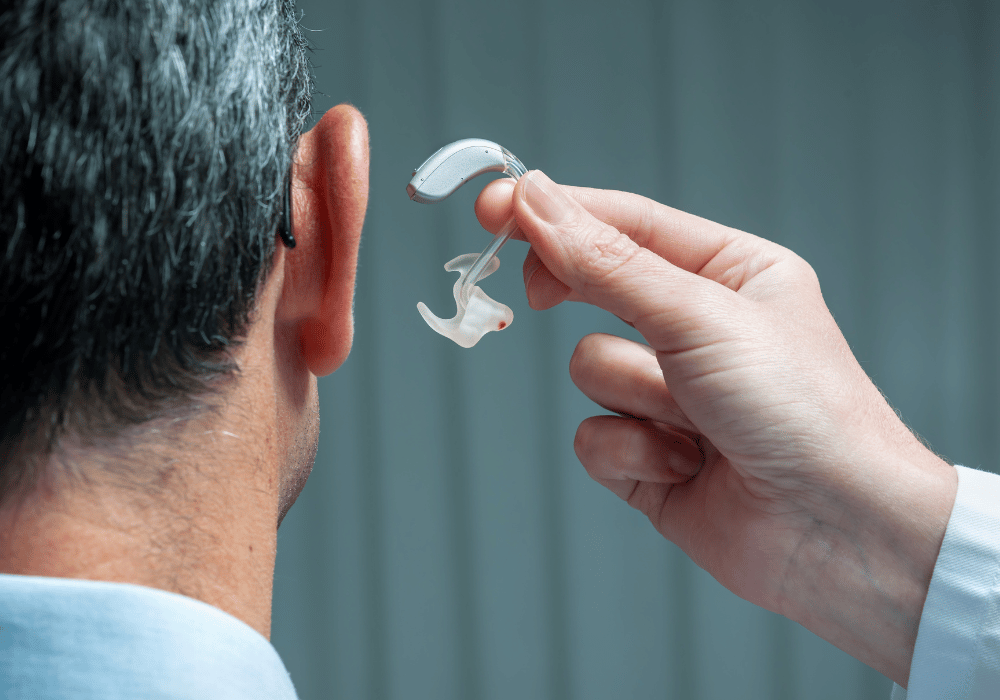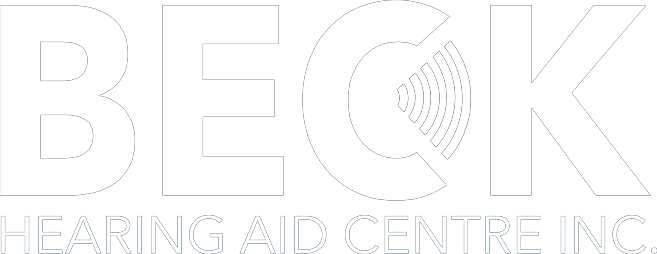There are many different causes of hearing loss. In some rare cases, it is sudden and pronounced and the person affected notices it straight away. Most of the time, however, hearing loss is slow and incremental, affecting us gradually over time. There are an estimated 30 million people affected by hearing loss in the US today.
The good news, however, is that these people can easily regain control of their lives and mitigate the effects of hearing loss by consulting with their hearing instrument specialist (HIS) and getting a hearing aid calibrated to their specific needs. A hearing instrument specialist can target the specific frequencies that users are missing and amplify them to supplement the user’s hearing.
The digital technologies that power hearing aids today have evolved tremendously over the past decade or two. Still, that’s not to say that once equipped with a hearing aid, those with hearing loss never encounter teething problems. Let’s take a look at some of the common problems faced by hearing aid users. The better prepared you are for them, the more you’ll be able to get the most out of your hearing aid and enjoy a life that’s unencumbered by hearing loss.
Getting used to the hearing aid
Hearing aids are designed to be comfortable, and your hearing instrument specialist will take the time to ensure that your hearing aid is a good fit for you. Nonetheless, even when a hearing aid feels comfortable, works perfectly and is precisely calibrated, it can still take some getting used to.
Those who are new to hearing aids may feel that sound is tinny and distorted. Some liken it to the sound from an old tape recorder or Dictaphone. It’s not uncommon for your own voice to sound extremely loud and for others’ voices to sound different.
Rest assured that this is just a result of your brain experiencing sensory input on frequencies that it hasn’t experienced for years or even decades. It needs a little time to reacquaint itself with the sounds. Over a few weeks, the sound coming from your hearing aid will sound and feel perfectly normal.
Feedback or whistling
Feedback and whistling can be distracting at best and irritating at worst. It is usually caused by a poor fit which is why it’s so important to take the time to get it right the first time. Some hearing instruments can be molded to the unique shape of your ear canals by your specialist while others use plugs that come in various shapes and sizes. Some models also have feedback resistant technology incorporated to further reduce your risk of feedback.
Battery life
When you get used to your hearing aid it becomes particularly noticeable by its absence, especially if you experience severe to profound hearing loss. Many new hearing aid users can struggle with battery life and loss of function right when they don’t need it.
Here are some ways to mitigate this:
- Switch your hearing aids off and remove the batteries when not in use
- Leave your batteries to sit for around five minutes in your hearing aids before activating them.
- Be sure to carry a spare pair of batteries in your purse or wallet just in case.
You’ll quickly develop an awareness of how much life you can get out of your batteries and when they’re due for replacement. In most cases your hearing aid will emit a tone when battery power is low.
Maintaining an active lifestyle
For those who are always on the go and like to maintain a healthy and active lifestyle, a hearing aid can seem like an impediment. However, they’re easy to fit into your active lifestyle with a little knowhow. Your HIS will ensure that you get a good fit so that your hearing aids don’t come out during running or other workouts. There are even some models which allow you to connect wirelessly to your smartphone so you can enjoy your favorite music through your hearing aid.
Volume control
Those who are new to hearing aids may find that it’s tricky to get the volume just right for their surroundings or the occasion. They may find that in crowded places their hearing aid creates as many problems as it solves. This is often the case when people buy older hearing instruments. The current crop of digital hearing aids, however, auto adjust to suit your surroundings or allow you to cycle through preset programs for different environments.
How we can help
At Beck Hearing Aids, our talented team of hearing instrument specialists is ready to help you to choose and calibrate the perfect hearing aid for your needs, budget and lifestyle. To find out more about the services we offer, call us today at (888) 618-3778.


